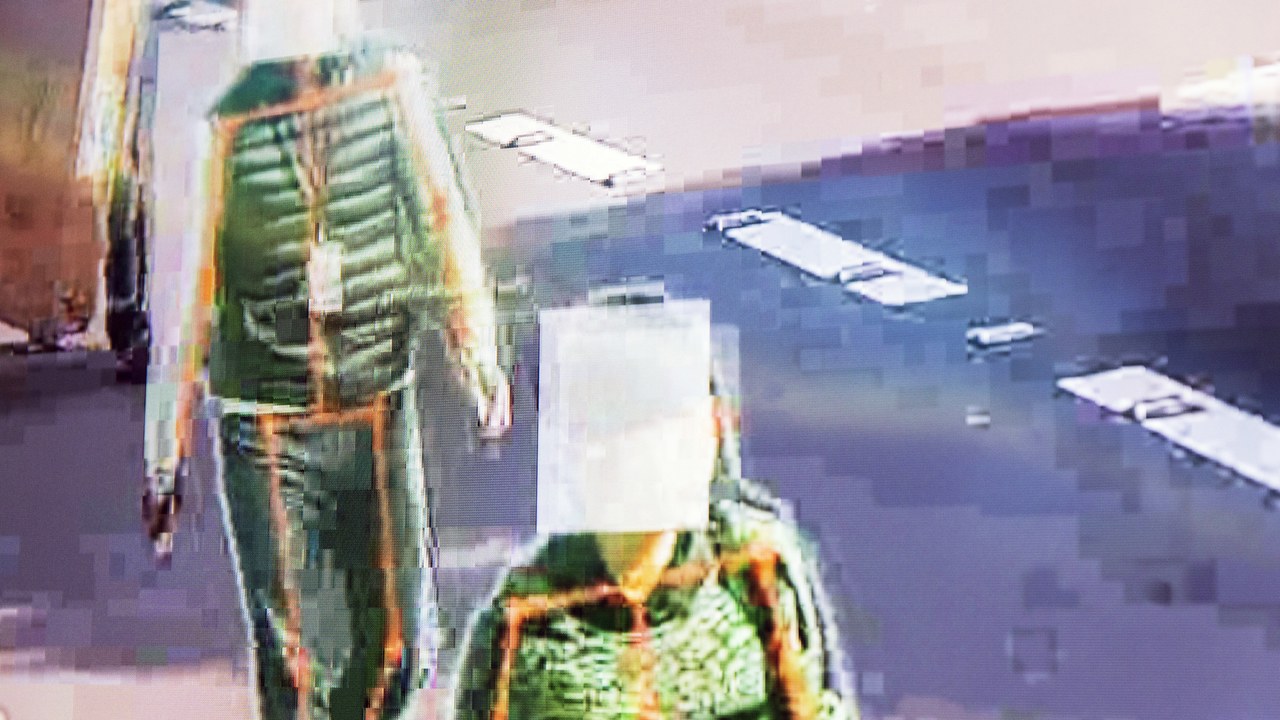Cold War Analogies are Warping Tech Policy
Stock your bunkers, America, we’re back in the Cold War. Or many Cold Wars, it seems. Pundits and politicians alike declaim that we’re locked in a “new Cold War” with China, that we’re in the throes of a “cyber arms race” with the rest of the world, and that Russia’s election interference is, of course, today’s 1960s contestation over political ideology.
These tempting, easy-to-understand Cold War metaphors pervade policy discourse around emerging technologies like artificial intelligence and quantum computing. Peter Thiel notably deployed such metaphors in his recent (quite flawed) New York Times op-ed about AI and national security. Despite asserting that a Cold War mentality “stopped making sense” years ago, Thiel goes on to describe US–China AI development as if it’s a zero-sum military arms race much like the one between 20th century America and the Soviet Union.
While seemingly innocuous, these kinds of faulty Cold War analogies have led to some plainly wrong thinking about tech policy. To be clear, there’s obvious instructive value in recognizing similarities between past and present. But to be instructive, the similarities need to be real—and with Cold War analogies and emerging technologies, they more than often aren’t. It’s time for policy wonks and technologists alike to ditch these wrongheaded fixations.
It’s understandable why policymakers, or anyone, would turn to the old and familiar to understand the new and scary. As technologies disrupt our everyday lives and contemporary geopolitics, it’s important to avoid unnecessary fear and confusion by looking to lessons from the past. For those who grew up during the Cold War, or those looking to glean lessons from it, those analogies may be comforting. We’ve been here before. But we haven’t. The Cold War simmered when the groundwork for the internet was barely emerging and televisions only had a few channels. Much of the whole world has been made over since, in large part by the very technologies we compare to the Cold War.
Analogies have documented value in problem-solving and policymaking, but they can also be dangerous. A Stanford study found that conceptualizing crime as a virus, for instance, lends itself to thinking about different policy solutions, like treating symptoms, than thinking about crime as a beast, which leads policymakers to approach it as a threat to forcefully put down, to eliminate. The framing of problems, their causes, and potential solutions is of vital importance in policy decision-making. Oversimplification and mischaracterization can therefore lead to bad policy.
That’s exactly what we’re seeing policymakers do with cyberspace technologies, artificial intelligence, and quantum computing—which is why we must apply far more scrutiny to comfortable historical analogies that mischaracterize reality.
Cyberspace has been compared to the Cold War for well over a decade, especially comparisons between weapon stockpiling and information conflict. While she was Secretary of State, for instance, Hillary Clinton criticized Chinese internet censorship with strong references to an “information Iron Curtain.” Noah Shachtman and Peter W. Singer thoroughly dismantled this misapplication of analogies back in 2011, writing for the Brookings Institution that with cyberspace, “the song is not the same and the historic fit to the Cold War is actually not so neat.” As the explained, from the nature of global cyber competition, which centers on companies and individuals as well as governments, to the barrier to entry into that competition (much lower online than with building nuclear missiles), the analogy doesn’t work. Nonetheless, Cold War comparisons to cyberspace persist, from CNN headlines to the mouth of chess champion Garry Kasparov. The allure of such analogies is apparently strong.








Gloss